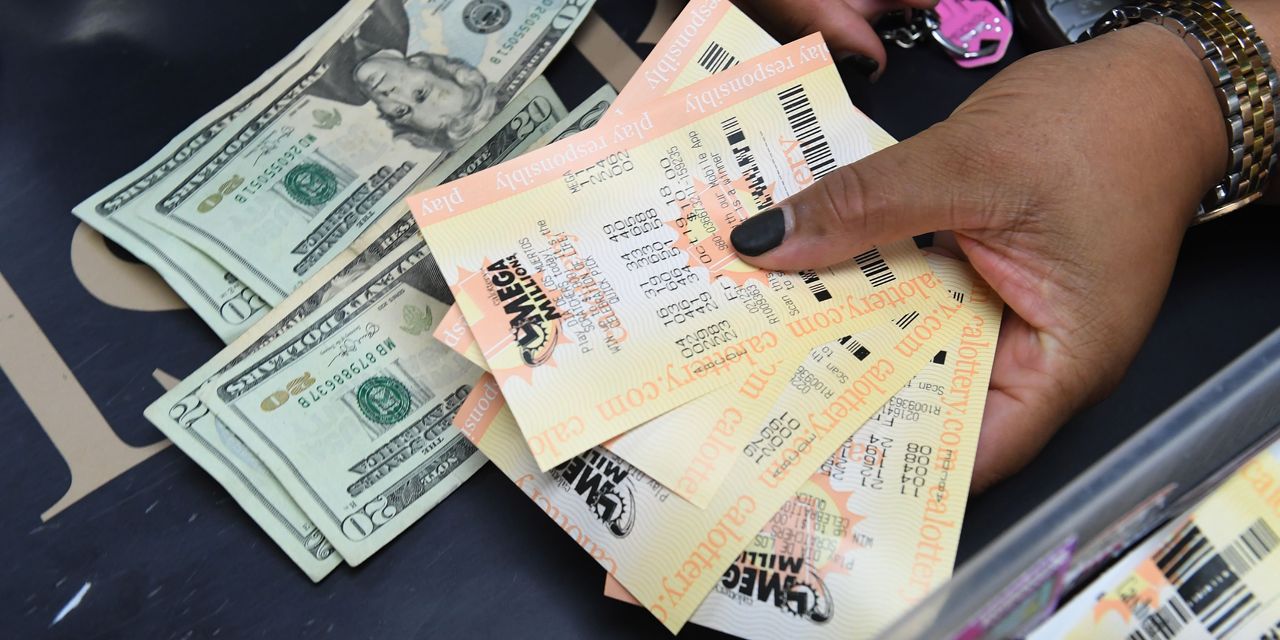Are cryptocurrencies good for building long-term wealth or more like lottery tickets? No one knows for sure, of course. But new research gives a closer look at what cryptocurrency holders really think.
Their answer is surprising. While you’d expect buyers to believe cryptocurrencies are good long-term investments, many behave as though they consider them to be lottery tickets.
The new research was recently circulated by the National Bureau of Economic Research. Entitled “Do You Even Crypto, Bro? Cryptocurrencies in Household Finance,” the study was conducted by Michael Weber of the University of Chicago, Bernardo Candia and Yuriy Gorodnichenko of the University of California, Berkeley, and Olivier Coibion of the University of Texas at Austin.
The researchers base their study on results of a quarterly survey that has been conducted since 2018 of the roughly 80,000 households that participate in what’s known as the Nielsen Homescan Panel. In addition to providing extensive demographic information, participant households allow their individual purchases to be tracked at the Universal Product Code level. Researchers also were able to periodically survey these households about their attitudes towards cryptocurrencies and other asset classes.
Among the many fascinating insights the researchers acquired from mining this enormous database, the one I want to focus on here is how changes in the price of bitcoin
BTCUSD,
and other cryptocurrencies affect consumer expenditures. The researchers found that among those who held cryptocurrencies, price increases led to a significant increase in purchases of durable goods — big ticket items that last for several years. Crucially, however, cryptocurrency price increases did not lead to a corresponding increase in spending for non-durable goods — consumer goods that typically are consumed in one use.
The researchers conclude that their findings suggest “that changes in cryptocurrency values are not necessarily viewed as persistent increases in wealth by households, as the latter would tend to feed into non-durable spending. Instead, pass-through into one-time big-ticket items appears to be closer to gambling or small lottery winnings.” The researchers’ reasoning is that, if crypto investors were confident that the price gains were justified and genuine, there would be no hurry to take the money and run.
This behavior is to be contrasted with how investors typically react to increases in the value of their stock and bond holdings. For both these latter asset classes, the researchers found that increased valuations passed through to higher expenditures on both durable and non-durable goods, and that this pass-through was strongest for bonds. This is consistent with investors in those other asset classes considering increased valuations as persistent increases in wealth.
The bottom line: If you invest in cryptocurrencies, or if you are a financial adviser who recommends them to clients, pay close attention to reactions when those currencies shoot up in value. If the inclination is to cash out quick, it means crypto is more of a lottery ticket than an investment.
Mark Hulbert is a regular contributor to MarketWatch. His Hulbert Ratings tracks investment newsletters that pay a flat fee to be audited. He can be reached at [email protected]
More: Crypto can become regular part of investors’ portfolios once regulations are clear, says Franklin Templeton
Also read: One of the world’s top stock-market investors — who rarely gives interviews — favors these ‘hunting grounds’
Read the full article here




